Car Accident
Chiropractic care can indeed be beneficial for individuals who have sustained injuries in a car accident. Chiropractors are healthcare professionals who specialize in diagnosing and treating musculoskeletal problems, particularly those related to the spine.
Following a car accident, it is common for individuals to experience various injuries such as whiplash, neck pain, back pain, headaches, and other musculoskeletal issues. Chiropractors can play a significant role in the recovery process by providing non-invasive, drug-free treatments that focus on the body’s natural healing abilities.
Here are some ways in which chiropractic care can help with car accident injuries:
- Assessment and Diagnosis: Chiropractors will conduct a thorough examination to assess the extent of your injuries. They may also request X-rays or other imaging tests to obtain a clearer picture of the affected areas.
- Spinal Manipulation: Chiropractors are well-known for performing spinal adjustments or manipulations. These manual techniques aim to realign the spine, reduce pain, improve joint mobility, and restore proper function. Spinal manipulation can be particularly effective in treating conditions like whiplash, neck pain, and back pain.
- Soft Tissue Therapy: Chiropractors may also incorporate soft tissue therapies such as massage, myofascial release, and stretching exercises to alleviate muscle tension and promote healing.
- Rehabilitation Exercises: They may prescribe specific exercises and stretches to help strengthen the affected muscles and improve the range of motion. These exercises are usually tailored to your individual needs and can be performed at home or under the guidance of a chiropractor.
- Pain Management: Chiropractors can provide pain management techniques such as heat or cold therapy, electrical stimulation, or ultrasound therapy to relieve pain and reduce inflammation.
It’s important to note that if you have been involved in a car accident and suspect any injuries, you should first seek immediate medical attention to rule out any serious conditions or internal injuries. Once you have received medical clearance, you can consider chiropractic care as a complementary treatment option for your car accident-related injuries.
Remember, it’s always advisable to consult with healthcare professionals, including chiropractors from Collective Chiropractic, to discuss your specific condition and determine the most appropriate course of treatment for your car accident-related injuries.
Whiplash
Chiropractic care can indeed be beneficial for individuals with whiplash injuries. Whiplash is a common injury that occurs when the head is suddenly jerked forward and then backward, causing strain and sprain to the neck muscles and ligaments.
Chiropractors are healthcare professionals who specialize in the diagnosis and treatment of musculoskeletal disorders, including whiplash.
Some ways in which chiropractors can help with whiplash injuries include:
Assessment and Diagnosis: Chiropractors will begin by conducting a thorough assessment to evaluate the extent of the injury and determine the specific areas affected. They may use imaging tests or physical examinations to help with the diagnosis.
Spinal Manipulation: Chiropractors commonly use spinal manipulation techniques to realign the spine and improve joint mobility. By applying controlled, gentle force to the affected areas, chiropractors can help reduce pain, alleviate muscle tension, and restore the normal range of motion in the neck.
Soft Tissue Therapy: Whiplash injuries often involve damage to the soft tissues, such as muscles and ligaments. Chiropractors may use various soft tissue techniques, such as massage, myofascial release, or stretching exercises, to help relax tense muscles, reduce inflammation, and promote healing.
Rehabilitation Exercises: Chiropractors may recommend specific exercises to strengthen and stabilize the neck and surrounding muscles. These exercises can help improve posture, restore muscle balance, and prevent future injuries.
Lifestyle Recommendations: Chiropractors often provide guidance on lifestyle modifications to support the healing process. They may suggest ergonomic adjustments, proper posture techniques, and recommendations for home care, such as ice or heat therapy.
It’s important to note that while chiropractic care can be effective for many individuals with whiplash injuries, every person is unique, and treatment plans should be tailored to their specific needs. It’s recommended to consult with a chiropractor or healthcare professional for a thorough evaluation and personalized treatment approach.
Work Injury
Chiropractic care can be beneficial for work-related injuries, and many individuals seek chiropractic treatment to address their pain and promote healing.
If you are looking for chiropractic help for a work injury, it’s recommended to do the following:
- Consult with a healthcare professional: If you’ve sustained a work-related injury, it’s crucial to consult with a medical professional or your primary care physician first. They can evaluate your condition, provide an accurate diagnosis, and recommend appropriate treatment options.
- Research local chiropractors: Once you have received a medical evaluation, you can research local chiropractors in your area. You may want to consider factors such as their qualifications, experience, reputation, and patient reviews to make an informed decision.
- Schedule a consultation: Contact the chiropractor’s office to schedule a consultation. During the consultation, you can discuss your specific injury, ask questions about their approach to treatment, and determine if they have experience in dealing with work-related injuries.
- Discuss treatment options: If you decide to pursue chiropractic care, the chiropractor will perform a thorough examination to assess your condition. Based on the examination findings, they will develop a treatment plan tailored to your needs. This may include spinal adjustments, manual therapies, rehabilitative exercises, and other modalities.
Remember, it’s important to follow the advice and recommendations of your healthcare professionals throughout the healing process. They can guide you on the best course of action and coordinate with other specialists if necessary.




